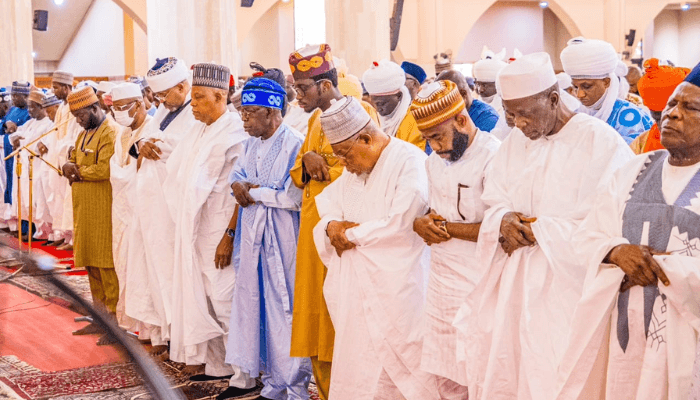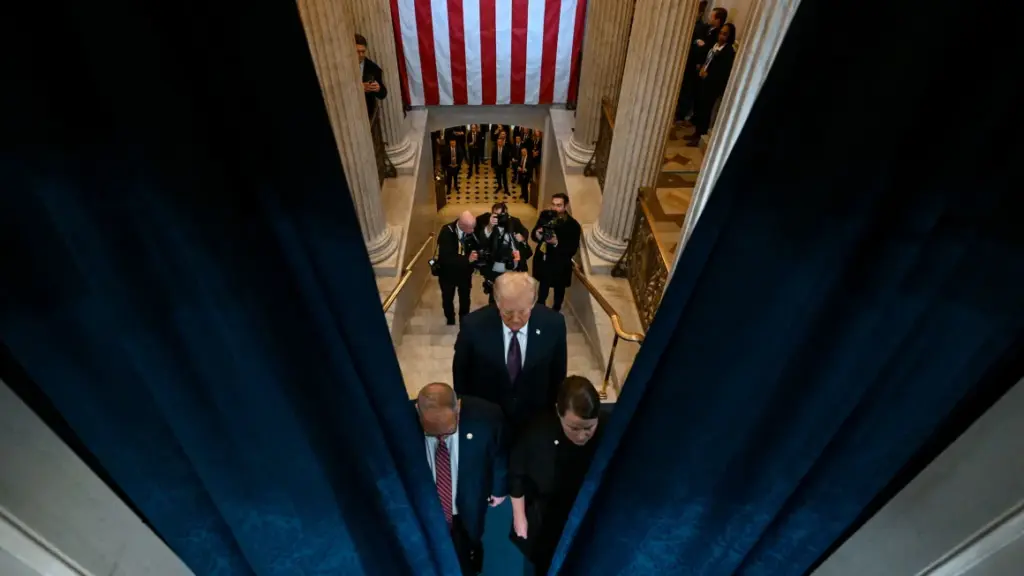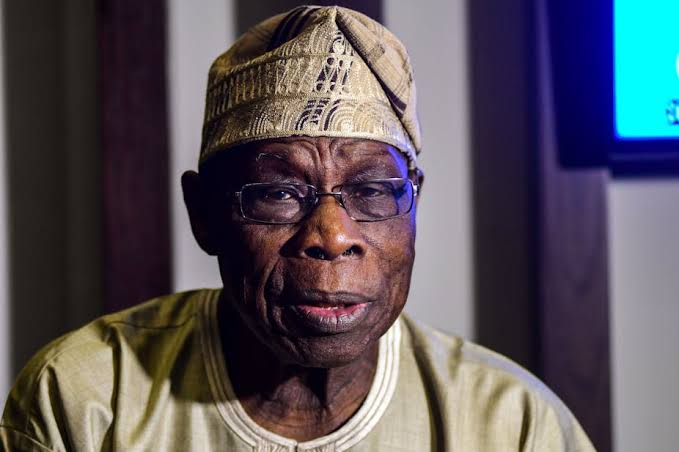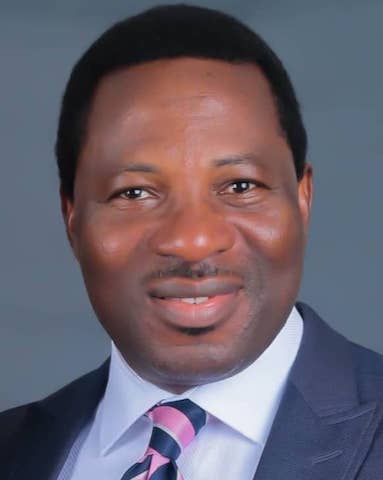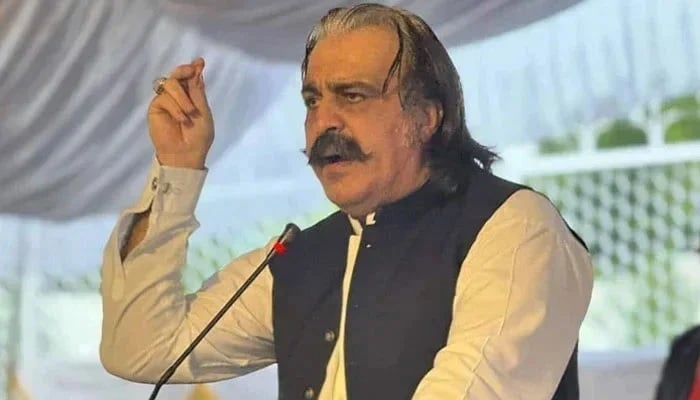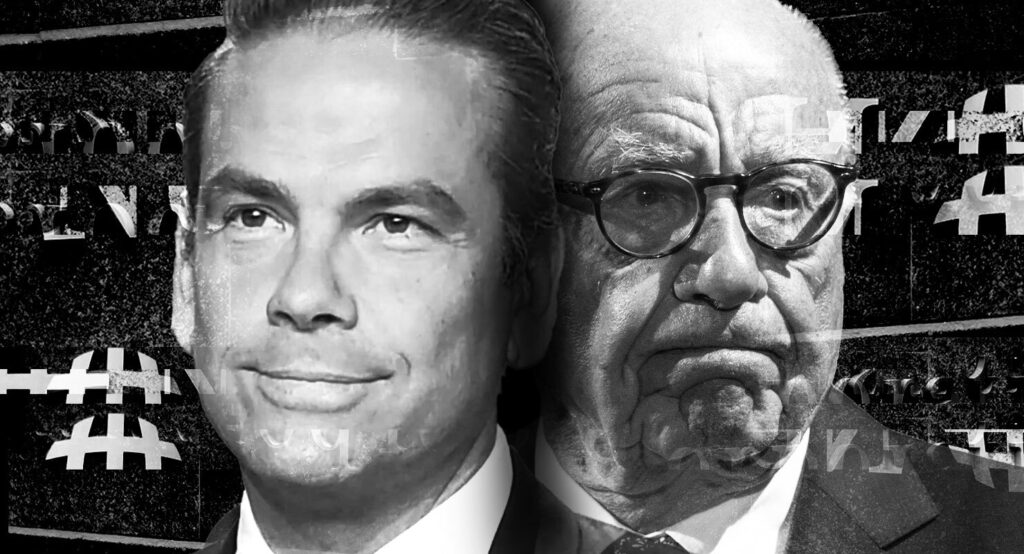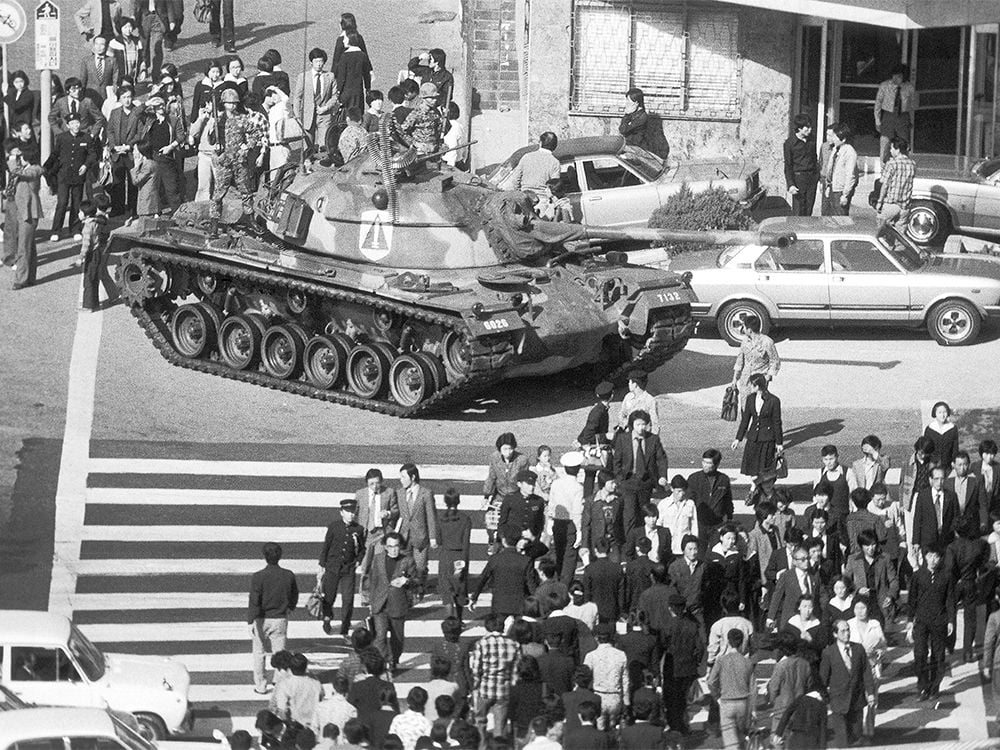The Biden Debate: Age, Perception, and Historical Parallels in Presidential Politics By Femi Adefemiwa
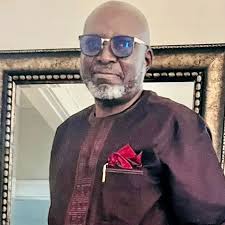
Politics tamfitronics
By Femi Adefemiwa
The recent debate performance of President Joe Biden has sparked discussions and debates regarding his prospects for re-election. Many observers have pointed to his age and perceived cognitive decline as significant factors that may influence voters’ opinions. However, history provides numerous examples where debate performances did not decisively impact the outcome of presidential elections.
Age and Cognitive Perception in the Current Climate
President Biden, who is 81 years old, has faced persistent scrutiny over his age and mental sharpness. This scrutiny intensified after his latest debate performance, where some critics highlighted moments they perceived as signs of decline. These concerns are not entirely unfounded, as the physical and mental demands of the presidency are immense, and voters are understandably cautious about electing a leader who may not be able to handle these responsibilities effectively.
However, it’s essential to recognize that the perception of a candidate’s age and cognitive abilities can be subjective and heavily influenced by partisan biases. Supporters argue that Biden’s long experience in politics provides him with unparalleled wisdom and a deep understanding of governance, while detractors focus on his occasional gaffes and slower speech.
Historical Precedents
Historically, debate performances have been seen as critical moments in a campaign, but they do not always determine the election’s outcome. Several instances illustrate this point:
1. Ronald Reagan in 1984: At 73, Reagan was the oldest president at the time and faced concerns about his age, especially after a lackluster first debate performance against Walter Mondale. However, Reagan’s witty retort in the second debate, where he quipped that he would not make his opponent’s youth and inexperience an issue, turned the narrative around. Reagan went on to win the election decisively.
2. George H.W. Bush in 1992: During a debate with Bill Clinton and Ross Perot, Bush was caught on camera checking his watch, which was perceived as a sign of disinterest. Despite this gaffe, it was ultimately the state of the economy and Clinton’s charismatic campaign that were more significant factors in Bush’s defeat.
3. Barack Obama in 2012: President Obama had a notably weak performance in his first debate against Mitt Romney, leading to a significant drop in the polls. However, he recovered in subsequent debates, and the overall strength of his campaign and ground game ensured his re-election.
The Fall of Presumptive Nominees
While debates alone might not topple a campaign, history shows that presumptive nominees can indeed crash out of the race under certain circumstances:
1. Lyndon B. Johnson in 1968: Facing mounting opposition to the Vietnam War and internal party divisions, Johnson announced he would not seek re-election. His withdrawal opened the door for other Democratic candidates and significantly altered the race.
2. Harry S. Truman in 1952: After a challenging presidency marked by the Korean War and declining approval ratings, Truman decided not to seek another term. His departure from the race led to a contentious battle for the Democratic nomination.
3. Gary Hart in 1988: Hart was the Democratic front-runner when allegations of an extramarital affair surfaced, leading to a media frenzy. Despite initially denying the allegations, he was eventually forced to withdraw from the race, demonstrating how personal controversies can abruptly end a promising campaign.
4. Howard Dean in 2004: Dean was the Democratic front-runner with significant momentum, but his infamous “Dean Scream” after the Iowa caucuses was widely ridiculed and perceived as a sign of instability. This moment, combined with a poor showing in subsequent primaries, led to the collapse of his campaign.
The Bigger Picture and Likely Outcome
For President Biden, the road to re-election will be influenced by various factors beyond debate performances. His administration’s policies, the state of the economy, and how voters perceive his handling of domestic and international issues will be paramount. Furthermore, the dynamics within the Democratic Party and the effectiveness of the Republican challenger will also significantly shape the election landscape.
Consequences for the Democrats
If Biden were to crash out of the race, the consequences for the Democratic Party could be significant:
1. Leadership Vacuum: Biden’s withdrawal would create an immediate need for a strong replacement. Potential candidates might include Vice President Kamala Harris, Michigan Governor Gretchen Whitmer, California Governor Gavin Newsom, or others who have been positioning themselves as potential leaders.
2. Internal Divisions: The party could face internal conflicts as different factions vie for influence. Progressive and moderate wings of the party might struggle to unite behind a single candidate, leading to a contentious primary season.
3. Electoral Uncertainty: A sudden change in the Democratic nominee could lead to uncertainty among voters. Establishing a new candidate’s platform, building name recognition, and unifying the party in a short period could prove challenging.
4. Opportunity for Republicans: A chaotic or divided Democratic primary could provide an advantage to the Republican candidate, who might benefit from a more stable and unified campaign.
Party Unity: A Stark Contrast
One significant question arises: why is the Democratic Party not united behind Biden as the GOP rallied around Trump, even after his conviction? The answer lies in the differing party dynamics and the nature of the concerns faced by each leader.
Trump’s base remains fervently loyal, viewing attacks on him as politically motivated and rallying around him as a symbol of their broader grievances against the establishment. This unwavering support has compelled GOP leaders to stand by Trump, despite his legal troubles.
In contrast, Biden faces a more complex scenario. The Democratic Party is a coalition of diverse factions, including progressives, moderates, and centrists, each with distinct priorities and concerns. Biden’s age and perceived cognitive decline have exacerbated worries about his ability to lead effectively, creating a sense of urgency among some party members to consider alternative candidates who might energize the base and appeal to a broader electorate.
Post-Debate Polls and the Path Forward
Despite the concerns and criticisms, post-debate polls have not shown a particularly significant drop in Biden’s support. This indicates that while debates are important, they are not the sole factor in determining a candidate’s viability. Biden has the opportunity to recover and strengthen his position in the coming months by focusing on key issues that resonate with voters, demonstrating effective leadership, and addressing any perceived weaknesses head-on.
Conclusion
While concerns about age and cognitive abilities are likely to persist, it is crucial to consider the broader context of Biden’s presidency and the multifaceted nature of electoral politics. History has shown that voters weigh many aspects when making their decisions, and a single debate performance, while impactful, is rarely the sole determinant of an election’s outcome. However, if public perception continues to erode and internal party pressures mount, Biden could face significant challenges, potentially even leading to his withdrawal from the race, akin to past presumptive nominees who have stumbled.
Ultimately, the outcome will hinge on Biden’s ability to address these concerns convincingly and maintain the confidence of both his party and the electorate at large. The Democratic Party’s response to such a scenario will be crucial in determining their success in the upcoming election. If managed effectively, a new candidate could invigorate the party and appeal to a broader base, but missteps could hand the advantage to the Republicans and reshape the political landscape for years to come.
Share your story or advertise with us: Whatsapp: +2347068606071 Email: [email protected]



 Hot Deals
Hot Deals Shopfinish
Shopfinish Shop
Shop Appliances
Appliances Babies & Kids
Babies & Kids Best Selling
Best Selling Books
Books Consumer Electronics
Consumer Electronics Furniture
Furniture Home & Kitchen
Home & Kitchen Jewelry
Jewelry Luxury & Beauty
Luxury & Beauty Shoes
Shoes Training & Certifications
Training & Certifications Wears & Clothings
Wears & Clothings







